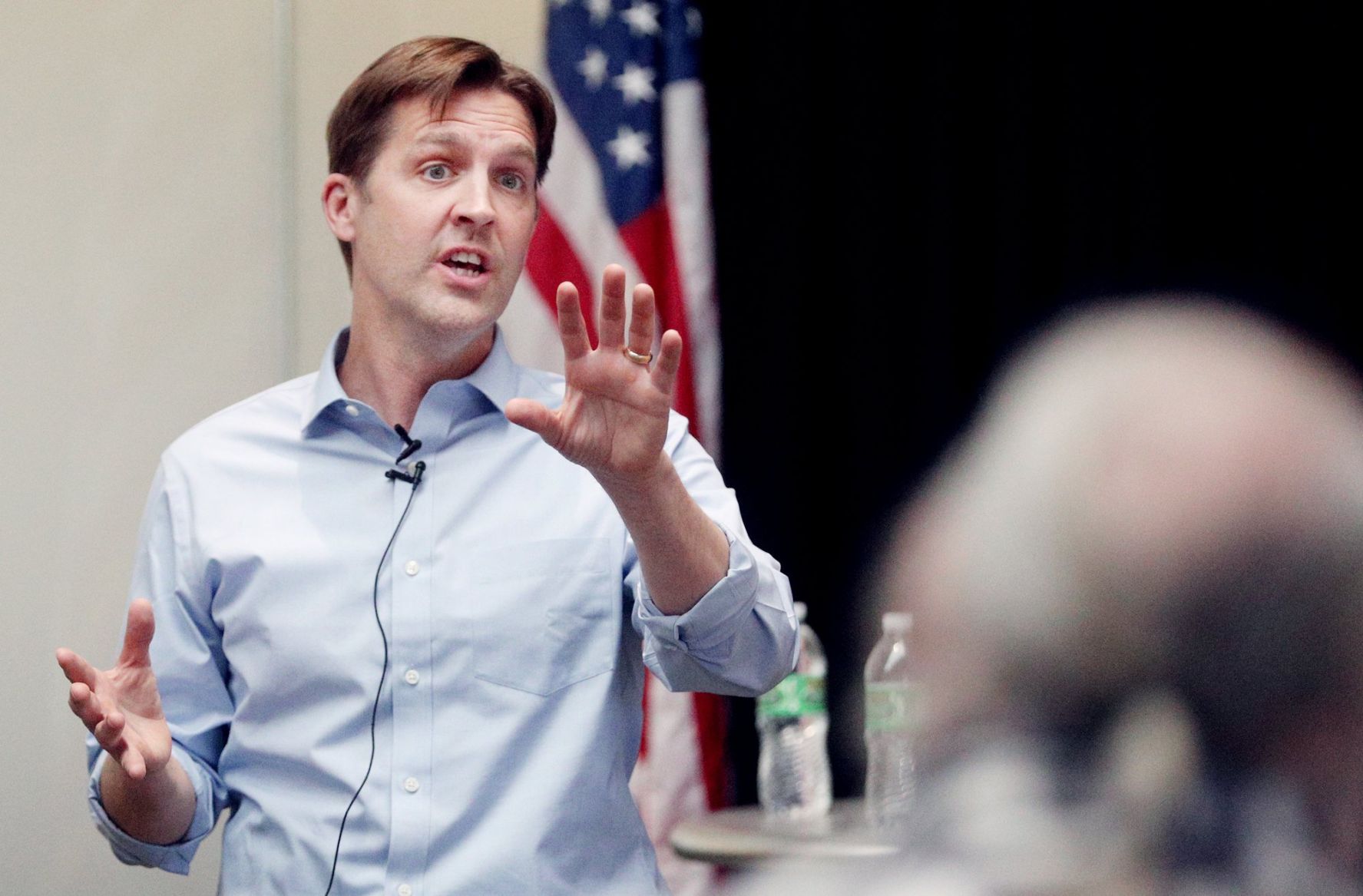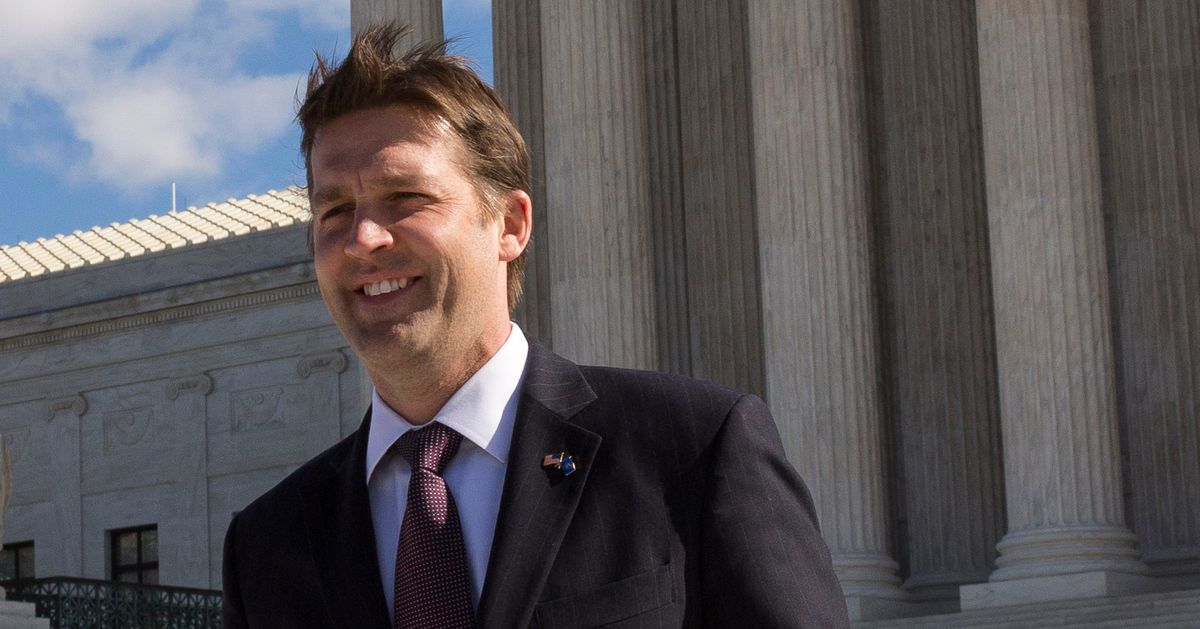
Sasse, of course, isn’t a philosopher but a conservative Republican senator, albeit one with a Ph.D. Read all of The New Yorker’s election reporting and commentary. How can we reconcile our lust for individual freedom with our social obligations and the human need for association? How is technology changing who we are? What does it mean to live a good life or to be happy? None of these questions map neatly onto our partisan divisions-they belong mostly to the realm of philosophy. (Sasse cites the book repeatedly.) There’s a staleness to this discourse, but it touches upon important, difficult, and enduring questions not fully addressed by most of our political debates. The ideas that Sasse explores in “Them” aren’t novel-they’re the stuff of David Brooks columns, missives at The American Conservative, and reams of other commentary that’s flourished since the publication of Robert D. “We’re meant to be for things and people,” he writes, “but absent that, most of us will choose to be against things and people together, rather than to be alone.” These “anti-tribes,” as Sasse calls them, which offer us meaning, solace, and an artificial sense of community, are glued together by hatred for our opponents. Sasse argues that we’ve traded rootedness in particular communities and strong communal bonds for a sharp political divide-that we’ve sorted ourselves into camps on the opposite side of a single grand and deepening chasm.
#Ben sasse twitterrific free
“We’re free from the constraints of place-its annoyances and inconveniences, its potentially burdensome obligations-and we’re free to see more of the world, with its extraordinary richness and color,” Senator Ben Sasse, a Republican from Nebraska, writes in his new book, “ Them.” “But what have we lost in the process? Increasingly, we’re shackled to the feeling that we don’t belong anywhere, and we’re not bound to people who can anchor us in a place we can call home.”



In truth, there are fewer fault lines crisscrossing American society than there were fifty, a hundred, or two hundred years ago-mass culture, technology, and the economic changes of the post-industrial age have eroded the significance of place in particular. It has become commonplace to say that America is now more divided than ever.


 0 kommentar(er)
0 kommentar(er)
